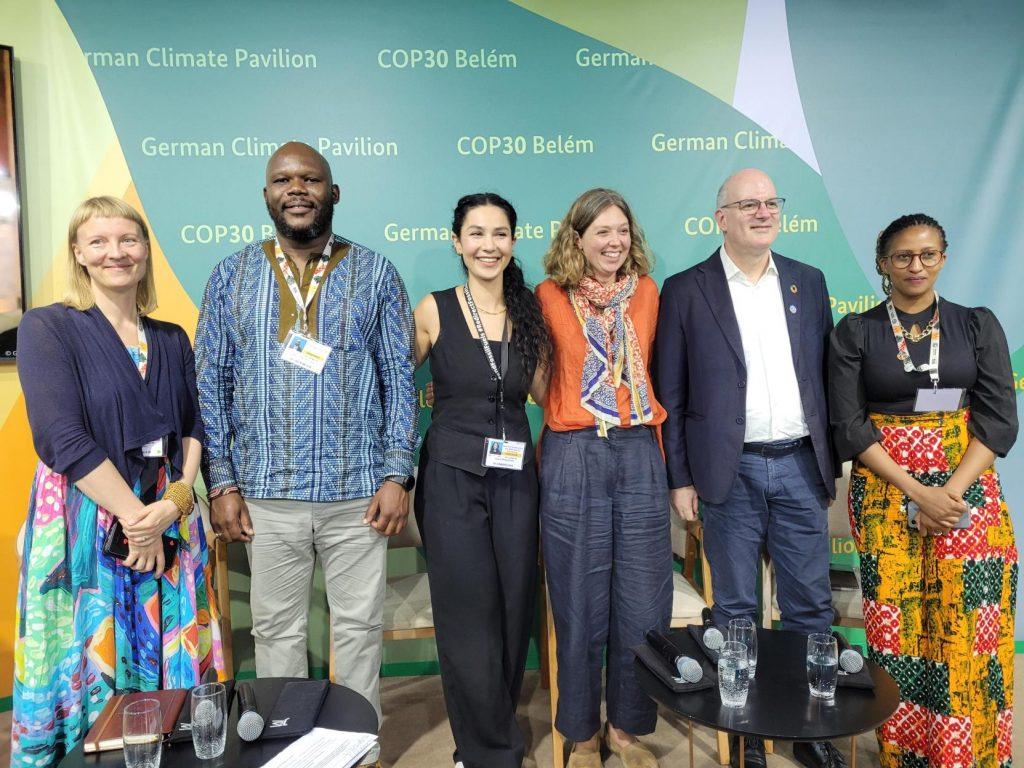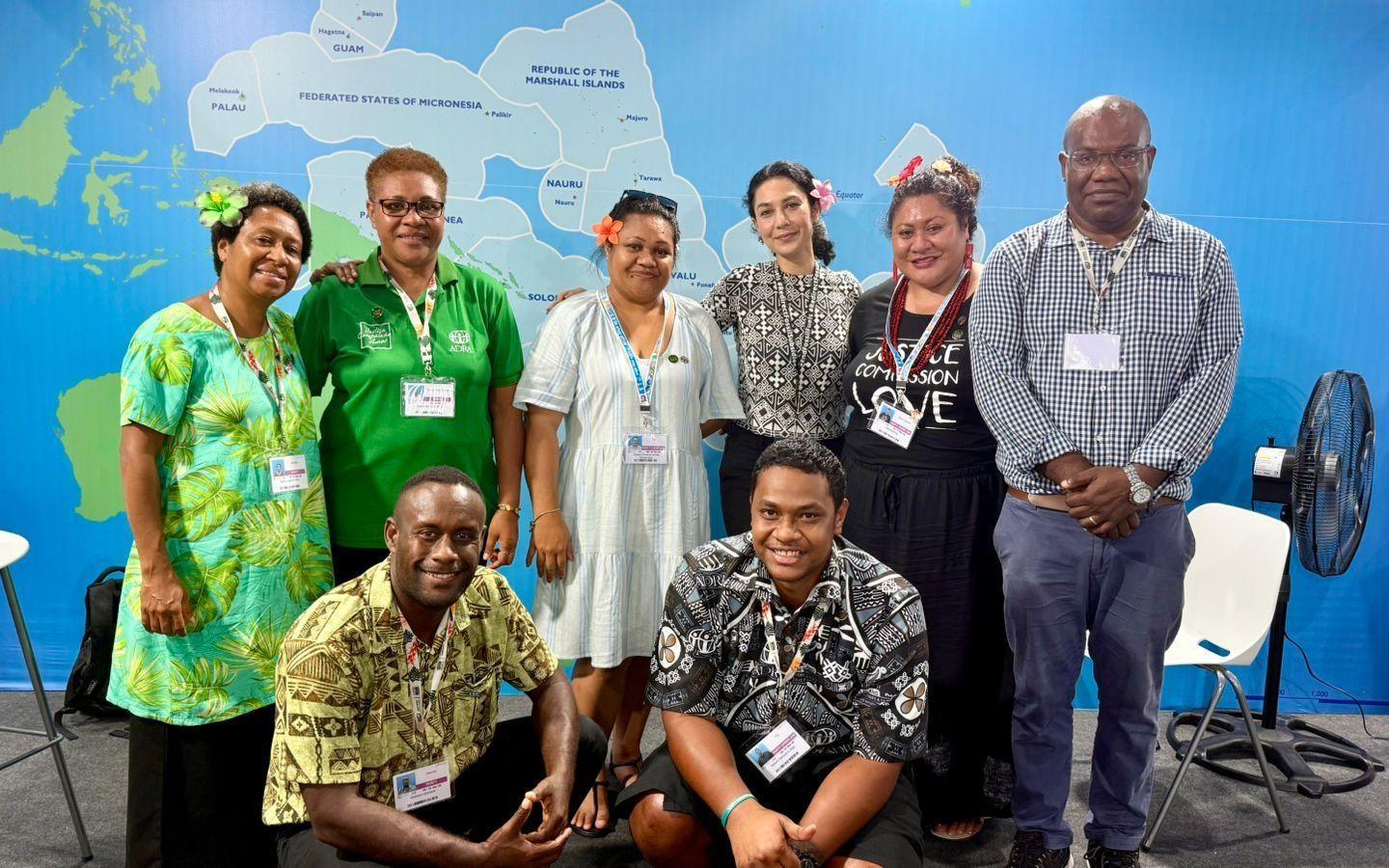ADVERTISING
A just transition is gaining importance – financing remains the biggest obstacle.
As ADRA Germany reports, the first week of the COP30 World Climate Conference in Belém, Brazil, paints a clear picture: While progress is being made on key issues such as the just transition to climate-neutral societies, international climate finance remains a serious bottleneck. The organization is evaluating the results achieved so far and contextualizing them for its work in its program countries.
Just transition enshrined in concrete terms for the first time
According to ADRA, the anchoring of the "Just Transition" principle is considered a major success. For the first time, mechanisms and financing requirements have been established to support the social and economic transformation towards sustainable structures.
Carina Rolly, climate finance expert and head of the ADRA delegation, emphasizes its significance: "For us, this is an important step for the countries of the Global South. Now it is crucial that the commitments are backed by resources and reach the people we support."
Significant funding gap for the adaptation
A central theme of COP30 is adaptation to climate change. Many countries in the Global South are already suffering from extreme weather events, rising temperatures, and declining food security.
Despite the urgency, funding remains insufficient: the Global Adaptation Fund receives weak pledges, and national adaptation plans are progressing slowly. For aid organizations like ADRA, this means limitations on projects related to disaster preparedness, water security, and food security.

“Loss and Damage” will be functional – but financing remains uncertain.
ADRA views the progress made on the international fund for climate-related losses and damages positively. The fund is being set up to be operational, but its financial resources remain significantly below expectations. At the same time, climate change is a "dynamically progressing process," meaning that the need for support will continue to increase.
Climate finance remains the main point of contention at COP30
The fundamental question of how to finance global climate action in the long term remains unresolved.
Industrialized countries favor private funding sources, while countries in the Global South and civil society organizations are also calling for public grants.
“Private financing doesn’t reach the most vulnerable communities, or only to a limited extent,” explains Rolly. “ADRA needs predictable, grant-based public funding. That’s non-negotiable.”
ADRA's next steps after the conclusion of COP30
The ADRA network will use the conference results to:
- To better align projects with a just transition and adjustment
- To intensify joint work with national governments on climate plans
- To incorporate local insights from program countries into negotiations
- To attract funding and partners for climate resilience projects
ADRA points out that donations are still needed to support people in particularly affected regions. Information about the donation account can be found at adra.de/spenden.
(RED/PM/ADRA)
Featured image: The ADRA delegation at COP30 in Belém. Carina Rolly, back row, fourth from the left. Photo: ADRA Germany e.V.











